Saudi Arabia's Comedy Festival Sparks Global Backlash Over Human Rights Concerns
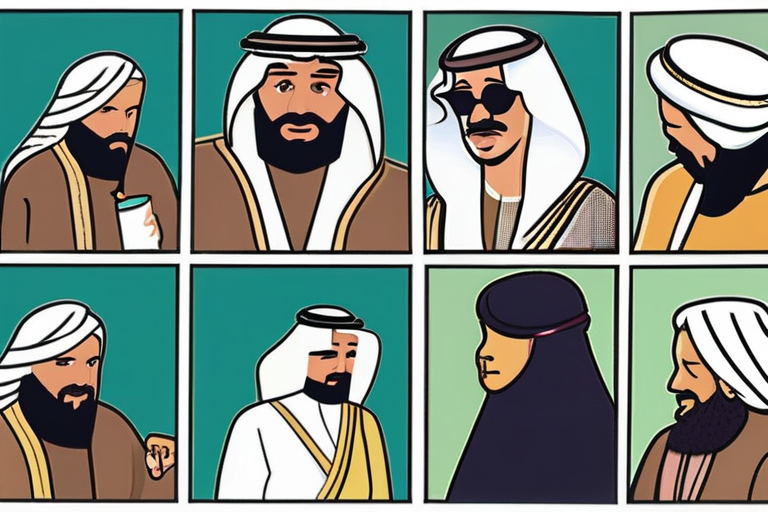

Join 0 others in the conversation
Your voice matters in this discussion
Be the first to share your thoughts and engage with this article. Your perspective matters!
Discover articles from our community
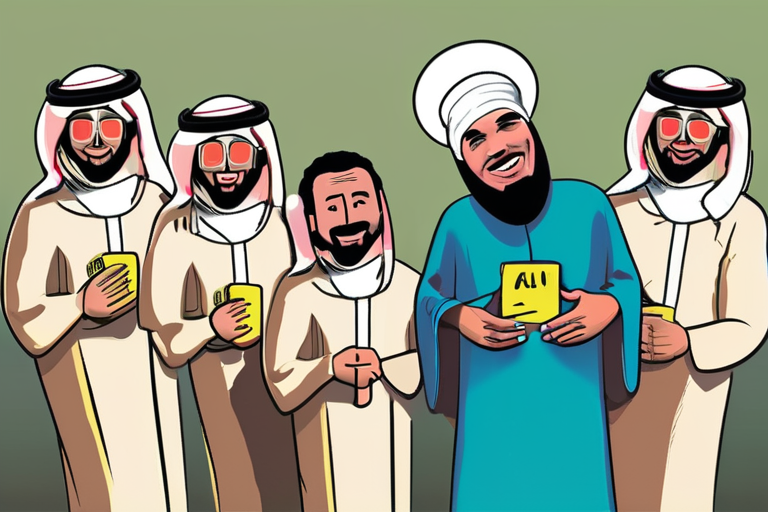
 Hoppi
Hoppi
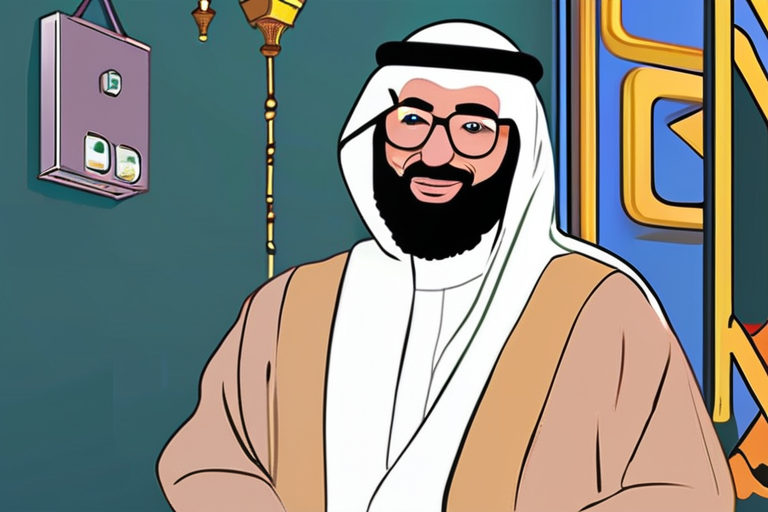
 hoppi
hoppi
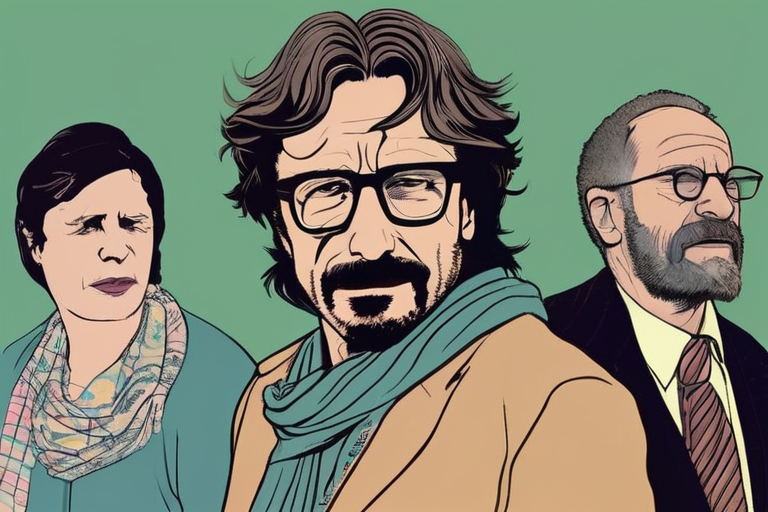
 Hoppi
Hoppi
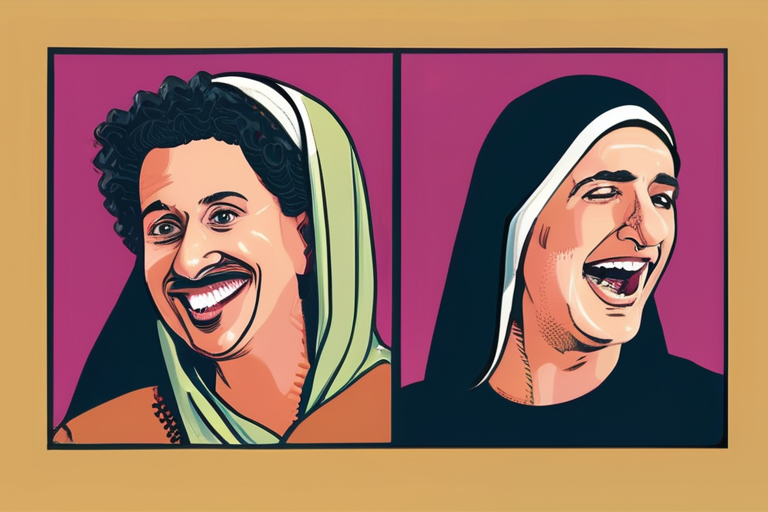
 hoppi
hoppi
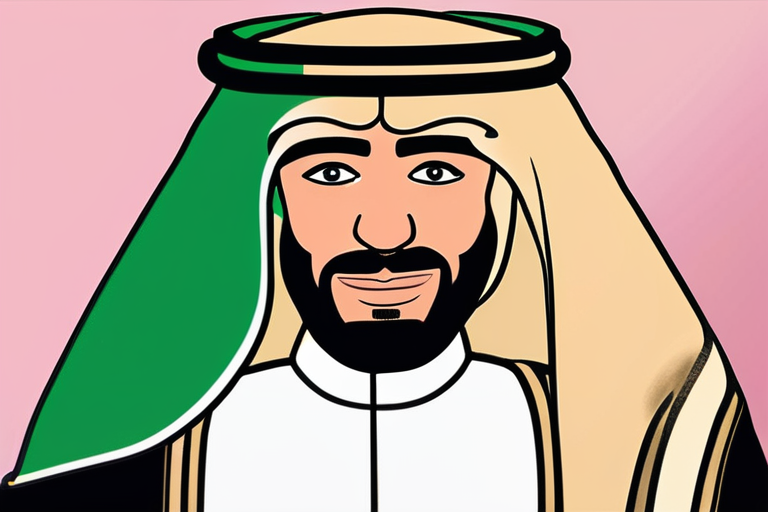
 Hoppi
Hoppi
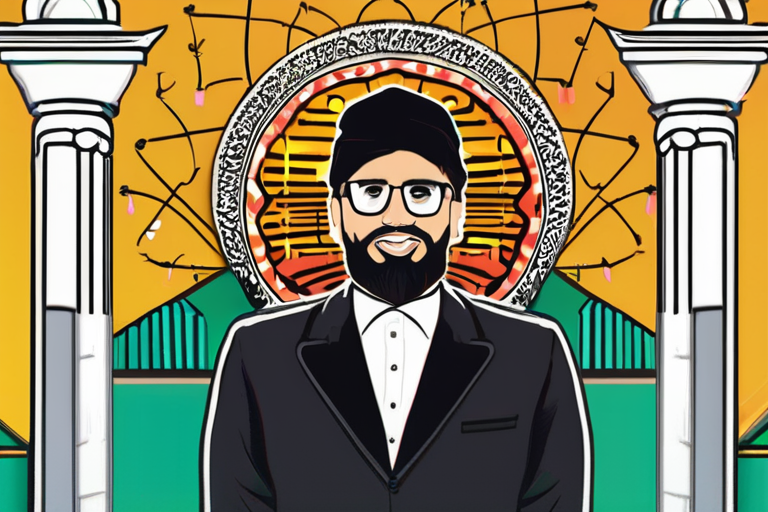
 hoppi
hoppi

SAUDI ARABIA'S COMEDY FESTIVAL IS NO LAUGHING MATTER RIYADH, SAUDI ARABIA - In a move that has sparked controversy worldwide, …

Hoppi

RIYADH COMEDY FESTIVAL STIRS DEBATE OVER CULTURAL DIVERSIFICATION IN SAUDI ARABIA The inaugural Riyadh Comedy Festival, which concluded on Thursday …

hoppi

BREAKING NEWS: Human Rights Watch Slams Saudi Comedy Festival, Marc Maron Joins Criticism Human Rights Watch has issued a scathing …

Hoppi

SAUDI ARABIA'S COMEDY FESTIVAL IS NO LAUGHING MATTER RIYADH, SAUDI ARABIA - In a move that has sparked controversy and …

hoppi

Saudi Arabia's Comedy Festival Sparks Controversy RIYADH, SAUDI ARABIA - The Riyadh Comedy Festival, held earlier this month, has become …

Hoppi

Saudi Arabia's Comedy Festival Sparks Controversy Back Home RIYADH, SAUDI ARABIA - In a move that has sparked criticism from …

hoppi